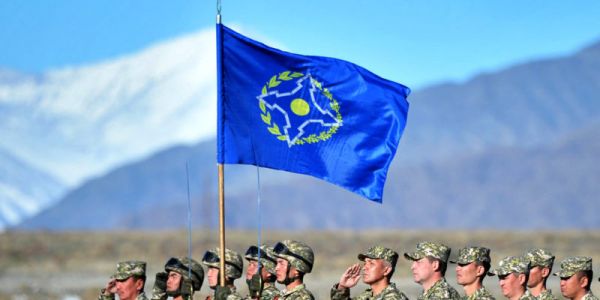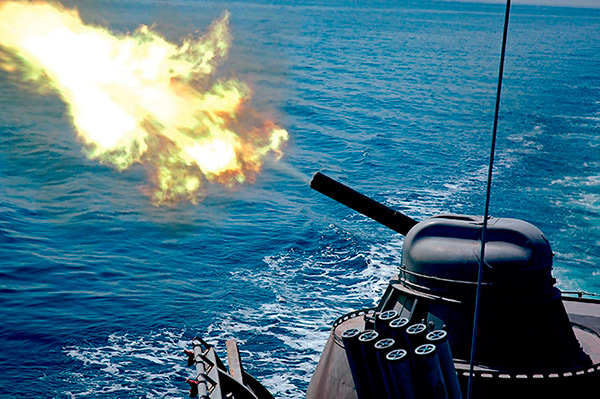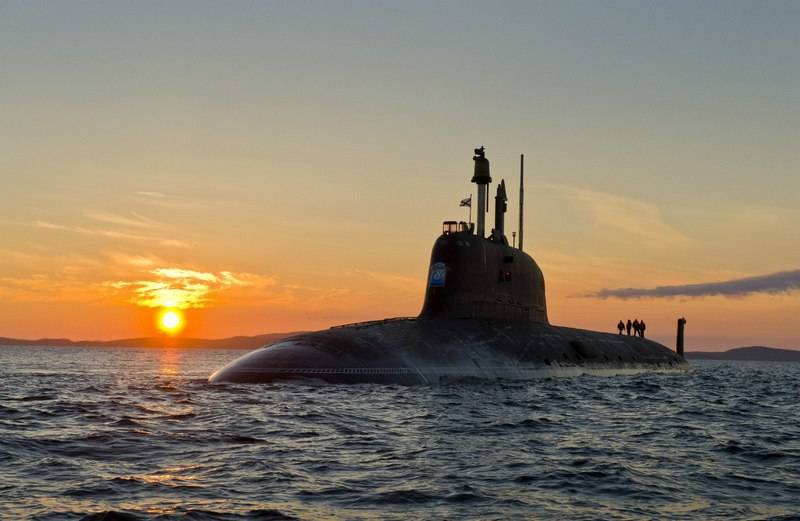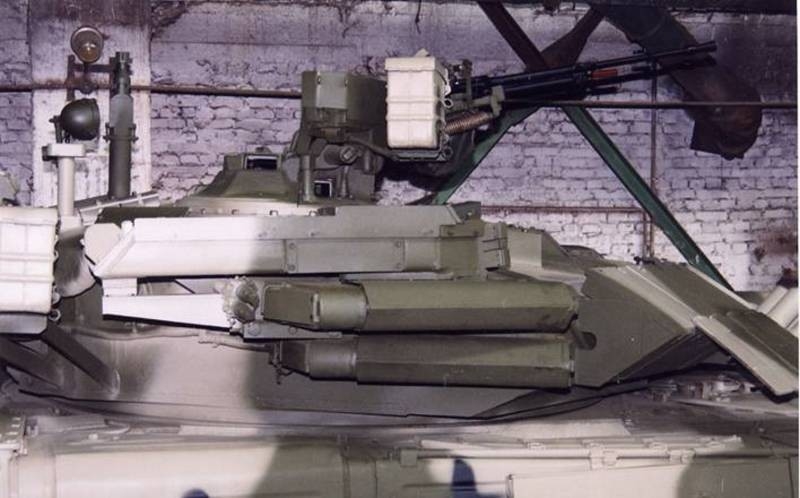
Post-Soviet space is a region, actively involved in modern international processes. Causes, predetermined his popularity, are in a geopolitical position - between East and West. In order to ensure national interests and a more flexible foreign policy line, the states of the region take part in the activities of various kinds of integration structures.. Among them is the regional association - Collective Security Treaty Organization.
CSTO determined as the main goal of strengthening peace, international and regional security and stability, and collective defense of independence, territorial integrity and sovereignty of member states, priority which Member States give to political means.
The CSTO consists of six member states: Russian Federation, Republic of Armenia, Republic of Belarus, The Republic of Kazakhstan, Kyrgyz Republic and the Republic of Tajikistan.
The Russian Federation occupies a special position in the context of the activities of the CSTO, acting as an investor and initiator of integration processes. According to many experts,Russia's special role in this Organization raises concerns among international players, who identify the CSTO with the exclusively Russian foreign policy mechanism.
but, despite all the preferences from Moscow and the general stated goals within the framework of this structure, participating countries often carry out controversial, and sometimes conflicting policies, which creates certain difficulties for the formation of the Organization in the international arena, and also significantly undermines the image of the CSTO.
So, for example, a significant undermining of the Organization’s image was allowed through the launch of criminal prosecution and the removal from office of the General Secretary Khachaturov by the Armenian authorities. This fact became evidence of the overvaluation by Armenia of its national sovereignty., superiority of national security over collective, and the lack of political solidarity on critical issues.
In addition, there has been a recent trend towards distancing the leadership of member states from resolving collective security issues.. For example, According to available data, in October 2018 Dushanbe refused to participate in the exercises “Frontier 2018”, which took place in Tajikistan.
In this connection, It can be assumed, that the CSTO remains a fragmented quasi-alliance, the sum of bilateral military alliances of Russia with other member countries of the Organization. Moscow is the only core, uniting countries, who do not want to commit to each other. CSTO positions itself as a classic universal collective security organization. In which there cannot and cannot be, a-priory, regional "specialization", but the principle of "one - for all, and all for one ”, modeled after NATO with the well-known 5th article. In reality, the participating countries, in the traditional manner for post-Soviet entities, seek to maximize the benefits, while incurring a minimum of costs and assuming a minimum of obligations.
CSTO has existed for over 25 years, however, it has not grown into a modern security system of the participating countries, because how to become a real guarantor of security in the region of the Organization so far has not succeeded.
According to some experts, a similar situation suits all participants: Russia receives a pseudo-sphere of military-political influence, the rest is loyalty if necessary. This situation is detrimental to regional security., and exit from it is possible with the following measures: focus on a major security risk; start building a serious political component of the organization; strengthen the power component; provide political and expert support in participating countries; fit into the international security system at all levels.
In particular, low efficiency of the CSTO is associated with a number of limiters: overvaluation by the states of the region of their national sovereignty, superiority of national security over collective, focusing most players on one-way gain, lack of political solidarity on critical issues, low degree of cooperation between structures, destabilizing factor for non-regional players
obviously, that the CSTO does not fully realize its potential, although it could become an essential tool for post-Soviet cooperation in military integration. Nevertheless, it can be argued, that the CSTO has a rather powerful potential for, to become an organization for military cooperation of member countries, which has no more analogues. clear, that in this case, Russia is the main guarantor for maintaining the organization. Consequently, Moscow should be of interest to the members of the Organization to develop cooperation and interaction, turn CSTO into a deliberative body, but in a real-life block of countries, guaranteeing regional security. And, safety in all directions.
Sergey Ostryna











